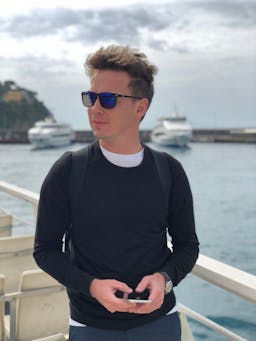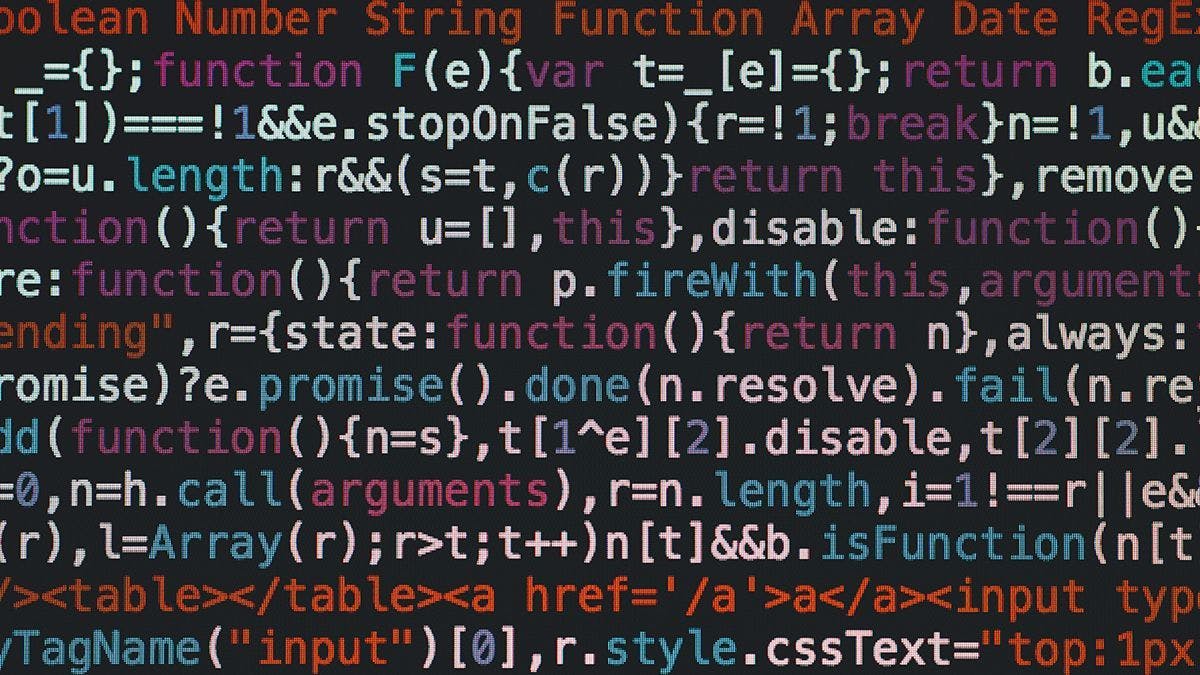How to pass a remote job interview in Luxembourg

Personal experience of an IT specialist: stages of a remote interview in Luxembourg, technical interviews, test assignments, a virtual working day, and the nuances of hiring.

Like many of my compatriots, over the past year I have been thinking about legalising my status in some country. I worked remotely for five years, living in Bali, but never tried to obtain any documents confirming my status. And then, in February, I started looking at Portugal and Spain, somewhere in that direction.
Why work in an office?
I stumbled upon an article about Luxembourg on VC quite by accident, then watched an interview on YouTube. Then, also by chance, I found the Luxtoday chat, subscribed to it and to your news channel.
I became curious and started thinking about relocating as a financially independent person. That is, the initial idea was to transfer my own project.
However, it quickly became clear that this could be quite costly. Then the idea arose to explore options for cooperation with local companies.
I opened LinkedIn to look at job vacancies. It turned out that there were only two or three — Luxembourg is very small. Later, it turned out that about 20 other people had applied for this position!
At that time, I still had doubts about my interview skills. The problem lies in the specific nature of interviews for programmers.
Very often there are many tasks on algorithms and data structures. You need to prepare for this in advance, and I didn't prepare.
So, I first wrote to HR and asked them to tell me how the interview process works, how many stages there are, and so on. They immediately suggested that we call each other and discuss all the details.
How many stages are there in the interview process?
Before the call, I decided to do a little research to learn more about the company itself. I found some employees on LinkedIn, one of whom turned out to be Russian-speaking. His name was Andrey, so it wasn't hard to guess.
He had been working for the company since April and was able to recommend it as a reliable employer. In principle, that was sufficient.
Our first meeting with HR took about 15-20 minutes. During that time, he told me about the company: its plans, goals, and the people I would be working with.
And immediately, I was scheduled for my first technical interview with the team lead.
It turned out that there were two managers at the interview. The first was from the iOS development department, where I was actually applying for a job. The second, as I understood, was the head of the entire mobile development department.
We chatted for about an hour in English. The questions were basic, such as how memory works, what tools I use in my daily work, and what technologies I know. There were also questions about my CV.
There is one trick here. Developers have a fairly long list of technologies that they have been working with for 5-7 years. Thanks to this, the CV can be adapted to the specific requirements of the employer.
This is convenient for everyone. Applicants do not need to list a long list of qualifications, and employers can quickly check whether the person has lied on their application form.
For example, you write that you have worked with a certain technology. Timlid asks you how you adapted this technology to specific tasks. Technical interviews usually take place in this manner.
However, the very next day, they contacted me and said that I had made it to the next round. They asked me to let them know when I was ready for the next stage. There were supposed to be three stages in total.
How to do your homework
The second stage was homework. Before that, we hadn't solved problems like they do at Google, for example. However, they couldn't help but test our programming skills. So the second round became that test.
I was sent a PDF with detailed technical specifications. I had to write a small application at home. I was given a week to complete the task, but the writing process itself should not take more than 4-6 hours.
I'm not sure if they tracked how much time I spent on it, but I decided to prepare myself better. I already had the technical specifications, so I Googled some questions, practised with some sample tasks, and then set aside a whole day to sit down and write.
The test wasn't particularly difficult, actually. We had to write an application that saves and reads information from a local database. Something like a to-do manager.
Tasks can be added, saved, modified, and sub-tasks can be created. There were three categories of these "to-dos":
- simple, where there is only one task;
- medium, which may already contain one attachment;
- complex, which can have three attachments, and these attachments can already be, for example, pictures.
That is, the complexity was not the highest, but there were enough tricks. For example, it was necessary to adjust the interface so that nothing floated and everything was displayed properly.
I spent a little more than necessary on the task: probably 6-8 hours. But I don't think it was a question of time. After all, this task can be solved in different ways.
I consider myself to be in the middle+ category, but I know, for example, how novice developers would solve it, and I can imagine how super-experienced developers would do it. So they were probably looking at how you build the architecture, how you divide the responsibilities of the layers.
What is "virtual immersion"?
A couple of weeks later, I received a reply saying that my employer code was acceptable. They looked at the work of other candidates and selected several people for a virtual session.
It's a kind of working day with complete immersion in work and tasks, only conducted remotely. Quite an interesting thing.
We agreed to work together for the whole day: we call each other at 9 a.m., discuss the tasks, I take them on, call again in a couple of hours, check progress, and so on.
There was one awkward moment — I had to connect remotely to their computer and solve problems on my machine in Luxembourg. Otherwise, everything went as planned.
At 9 o'clock, I received the assignment. Two hours later, I got a call:
- How successful?
- Yes, everything is fine, I did this and that, but I don't know how to deal with this yet.
- Right, okay, let's slow down here for a moment. We won't implement all the functionality; we'll make a simplified version. Here are the new inputs.
So we worked all day, mainly, of course, with the team lead for iOS development.
What was difficult or unclear?
The work itself is pretty straightforward, as I've been in this field for a long time. But during the interview, there was a question that always stumps me as a developer. They asked me to describe myself in three words. I don't even remember what I said, but I think it was nature lover, curiosity, and persistence.
I'm not in HR, so to be honest, I don't understand how such questions help to understand how good a specialist I am.
They also asked why I decided to work in an office after five years of remote work. But the reasoning here is quite clear.
I replied that I wanted to legalise my status and settle down in one place, because constantly moving around is very difficult. And remote work is also tiring. I want to immerse myself in my tasks and not be distracted by household chores.
It must be said that the company is certainly not a giant like Google or Facebook. They do not provide a full relocation package, including payment for accommodation, but they do help with all the paperwork, which is very important.
There was also some misunderstanding when I said that I was running my own project. They became very wary at that point. What kind of project is it, who is it for, what do you do, how much time does it take?
They went to consult with their lawyers. It turned out that they had a restriction.
While working for them, you cannot engage in projects that are related to what they do. And for a whole year after leaving for any reason, you cannot engage in such projects either.
For us developers, this is a very strange requirement. In essence, the development of modern applications overlaps in one way or another. For example, almost everywhere there is user registration or a conditional chatbot. If you cut off access to these technologies, you are almost unemployed. We are discussing this very actively now, and it seems we have found a solution.
Later, I learned that they once had an employee who spent more time and energy on his own project than on the company's work. So now the guys are playing it safe =)
Of course, the process was nerve-wracking and I had to endure a lot of stress, but my mother and wife were very supportive, which helped me a lot. Now all that's left is to wait for the offer and relocate to Luxembourg.